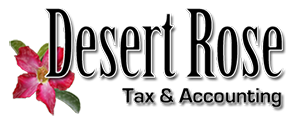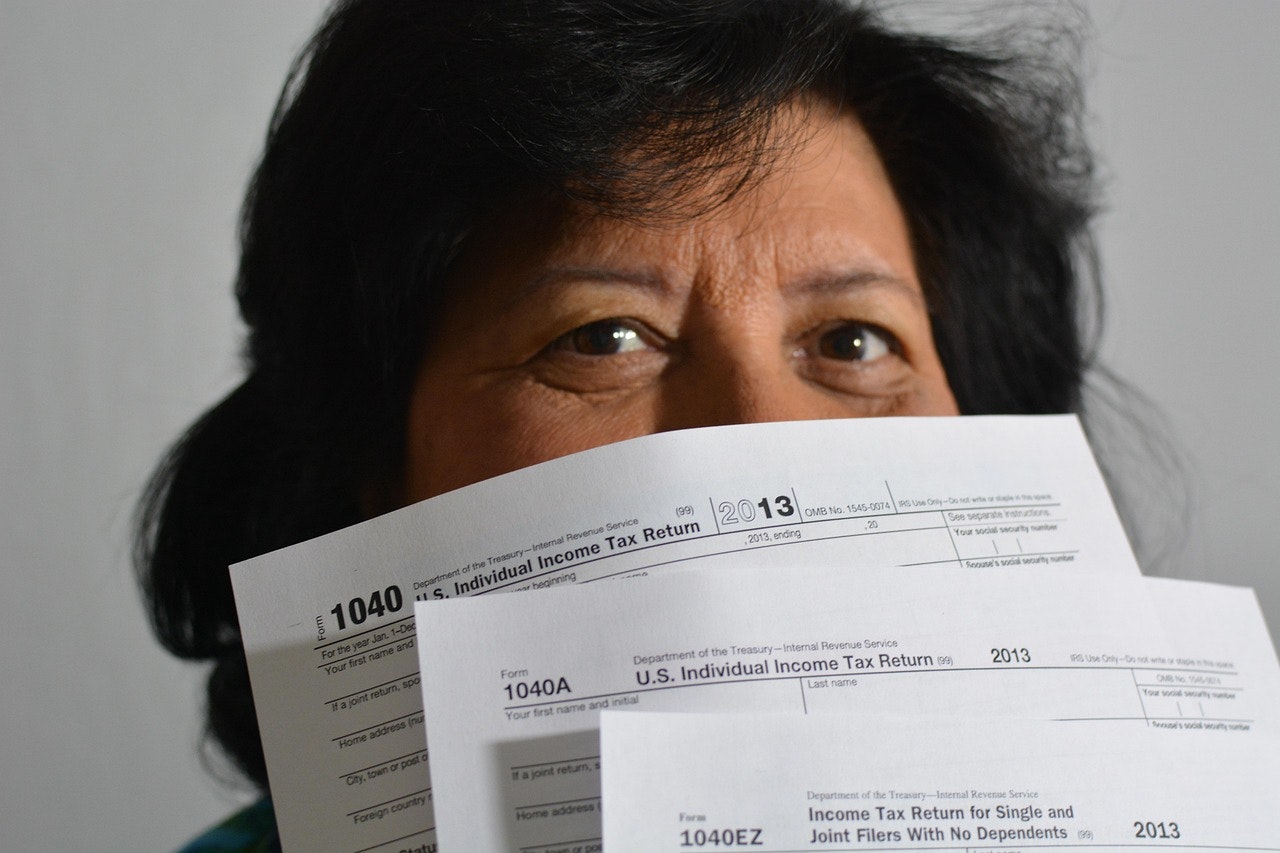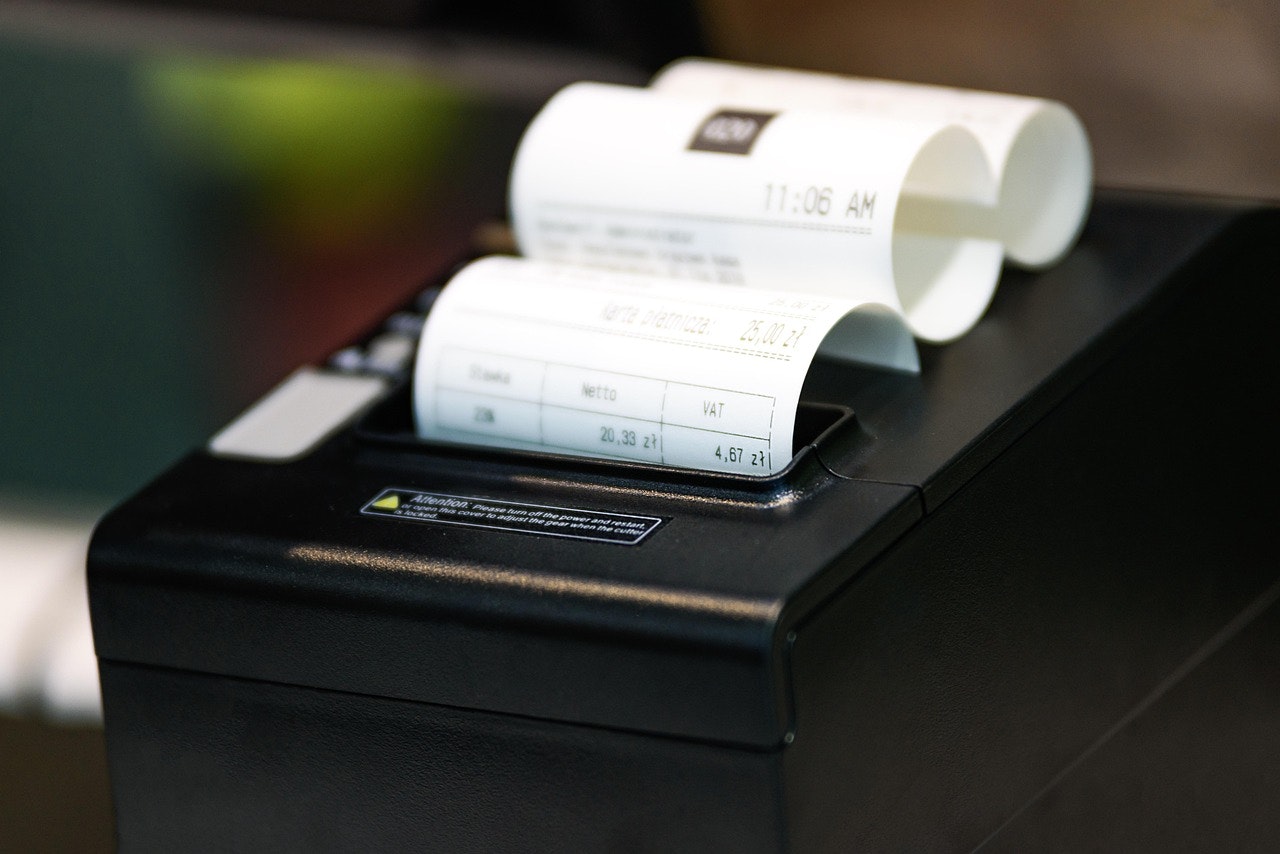CPA vs. Enrolled Agent vs. Tax Preparer: Understanding Your Options
When tax season approaches, the airwaves fill with advertisements from every type of tax professional imaginable. From CPAs at prestigious firms to seasonal preparers at pop-up shops—including those kiosks that suddenly appear in your local grocery store or big-box retailer—they all promise to handle your taxes. But not all tax professionals are created equal—and understanding the differences could save you thousands of dollars and countless headaches.
The letters after someone's name aren't just alphabet soup. They represent vastly different levels of education, expertise, and most importantly, what they can actually do for you when the IRS comes calling. Before you trust someone with your financial life, you need to understand what you're really getting.
The Professional Hierarchy: Understanding Credentials
Certified Public Accountants (CPAs): The Gold Standard
Perhaps the most well-known tax credential is the CPA. You've likely seen these three letters on office buildings, business cards, and advertisements. But what does it actually take to become a CPA? The answer: quite a lot.
Becoming a CPA requires at least 150 college credit hours (that's 30 more than a typical bachelor's degree), passing the notoriously difficult Uniform CPA Examination with its four comprehensive sections, and working under a licensed CPA for one to two years. The exam alone has pass rates hovering around 50%, testing everything from auditing and business concepts to financial accounting and tax regulation. Even after earning the license, CPAs must complete 40-80 hours of continuing education annually to stay current.
What sets CPAs apart is their broad authority. They can prepare and sign tax returns, perform audits of financial statements, provide business consulting, and—critically—represent you before the IRS without limitations. They're also the only professionals besides attorneys who can sign opinion letters that banks and investors often require. Think of them as the Swiss Army knife of financial professionals.
Enrolled Agents (EAs): The Tax Specialists
A much less known but equally powerful credential is the EA—Enrolled Agent. Despite the somewhat mysterious name (they're not secret agents, though some clients think so), EAs are federally licensed tax experts who can be worth their weight in gold when you have tax troubles. Many taxpayers have never heard of EAs, which is unfortunate because they're often the perfect choice for tax-focused needs.
To become an EA, candidates must either pass the comprehensive three-part Special Enrollment Examination covering individual taxation, business taxation, and IRS procedures—or have worked for the IRS for five years in a position requiring tax code interpretation. They must pass a background check and maintain their credential with 72 hours of continuing education every three years.
Here's what makes EAs special: they're pure tax specialists. Unlike CPAs who might focus on audits or financial planning, EAs live and breathe taxes. They can prepare any type of return, represent you before all administrative levels of the IRS, handle audits and appeals, and negotiate payment plans or offers in compromise. Many are former IRS employees who bring invaluable insider knowledge. Best of all, they often cost less than CPAs for tax-only services while providing the same unlimited representation rights.
Tax Preparers: The Wild West of Tax Preparation
Here's where things get interesting—and potentially risky. The uncredentialed tax preparer category is like a box of chocolates: you never know what you're going to get. The person preparing your return might have 30 years of experience and know the tax code inside out, or they might have decided last month that tax prep looked like easy money and taken a weekend online course.
The frustrating reality? There are no requirements. None. Anyone can get a PTIN (Preparer Tax Identification Number) from the IRS and start charging to prepare returns. Some preparers invest heavily in their education through comprehensive courses from companies like H&R Block or through self-study of IRS publications. Others watch a few YouTube videos and hang out their shingle. From the outside, they look exactly the same.
The Annual Filing Season Program: A Step Up
Recognizing this problem, the IRS created the Annual Filing Season Program (AFSP) as a voluntary program for uncredentialed preparers. Participants must complete 18 hours of continuing education each year and pass a comprehension test covering basic filing requirements, ethics, and tax law updates.
It's not a credential, but it shows the preparer is at least trying to stay current. As a small benefit, AFSP participants get limited representation rights—they can represent you in basic IRS correspondence, but only for returns they personally prepared. If your audit gets complicated or goes to appeals, you'll still need someone with unlimited representation rights.
The bottom line with uncredentialed preparers: you're gambling. That friendly preparer at your grocery store might be fantastic, or they might cost you thousands in missed deductions and IRS penalties. Without credentials, you have no way to know until it's too late.
The Critical Difference: IRS Representation Rights
Here's what many taxpayers don't understand until it's too late: not everyone who can prepare your return can defend it. This becomes painfully clear when you get that dreaded IRS notice and your preparer says, "Sorry, I can't help with that."
Unlimited Representation Rights
CPAs, Enrolled Agents, and attorneys occupy the top tier with unlimited representation rights. These professionals can sign a Power of Attorney (Form 2848) that makes them your voice with the IRS. They can handle any tax matter—audits, collections, appeals—even if they didn't prepare the original return.
Think about that for a moment: if you're audited three years from now for a return someone else prepared, these professionals can step in and handle everything. They'll deal with the IRS examiner, negotiate on your behalf, and even argue your case in appeals without you having to say a word. Attorneys take it one step further—they're the only ones who can represent you in actual Tax Court.
Limited Representation Rights
The Annual Filing Season Program creates a middle ground. Participants can represent clients, but only for returns they personally prepared and only in limited situations. They can handle basic correspondence audits (the ones done by mail) and speak with customer service representatives or revenue agents. But if your case escalates to a field audit, goes to appeals, or involves collection issues, they have to step aside. You'll need to either handle it yourself or hire someone with unlimited rights.
No Representation Rights
Here's where it gets scary: uncredentialed preparers with just a PTIN cannot represent you at all. They literally cannot sign a Power of Attorney, call the IRS about your return, respond to notices on your behalf, or attend an audit with you as your representative. If the IRS has questions about the return they prepared, you're completely on your own. They can't even call to ask why you got a notice—the IRS won't talk to them.
This limitation alone should make you think twice before using an uncredentialed preparer for anything beyond the simplest return. When tax problems arise—and they sometimes do even with perfectly prepared returns—you want someone who can actually help.
State Tax Filing: A Key Credential Distinction
One crucial difference between credentialed and non-credentialed preparers that many taxpayers discover too late: their ability to handle multi-state situations.
CPAs and EAs can prepare returns for any state without additional licensing or registration. This federal recognition means your CPA in California can handle your New York state return without missing a beat. They have the authority to sign returns for all 50 states and can represent you before any state tax agency where they're handling your return.
Non-certified preparers face a patchwork of state regulations. Some states require them to register, pass tests, or complete specific training before they can legally prepare returns for that state. Others have no requirements at all. This means your local preparer might be perfectly legal to prepare your home state return but unable to help when you buy that rental property in Florida or take a job that requires filing in multiple states.
The practical impact? If you use an uncredentialed preparer and then move or acquire out-of-state income, you might have to find a new preparer entirely. Meanwhile, your CPA or EA can seamlessly handle the transition. This becomes particularly important for people with rental properties in multiple states, remote workers, or anyone who moves frequently. The credential itself provides the continuity and flexibility that modern mobile lifestyles often require.
When Each Type Makes Sense
Choose a CPA When:
Your financial life has multiple moving parts that go beyond just taxes. CPAs shine when you need audited financial statements for lenders or investors, have complex business structures with multiple entities, or want comprehensive financial planning alongside tax strategy. They're particularly valuable if you're dealing with international tax issues, estate planning complexities, or need someone who can wear multiple hats—bookkeeper, tax strategist, and business advisor. The higher fees often pay for themselves through the breadth of services and expertise.
Choose an Enrolled Agent When:
Taxes are your primary concern and you want a true specialist at a reasonable price. EAs are perfect when you're facing IRS problems like audits, back taxes, or payment plans—many are former IRS employees who know exactly how the agency thinks. They're also ideal for complex individual or business returns that don't require the broader accounting services CPAs provide. If you need someone to amend multiple years of returns or navigate tricky tax situations, an EA often provides the best value—deep tax expertise without paying for capabilities you don't need.
Consider Annual Filing Season Program Participants When:
Your tax situation is straightforward but you want someone with more commitment than a fly-by-night preparer. These professionals work well for standard W-2 income with common deductions, simple Schedule C businesses, or routine tax situations that don't push boundaries. The key is confirming they have experience with your specific situation and understanding that if IRS issues arise, their ability to help is limited.
Avoid Uncredentialed Preparers Unless:
You're comfortable taking full responsibility for your return's accuracy and any IRS issues that arise. These preparers might suffice for extremely simple returns—single W-2, standard deduction, no complications—but even then you're gambling. The only real justification is if you've thoroughly verified their experience through strong references and understand that if the IRS comes calling, you're on your own. The few dollars saved rarely justify the risk.
The Hidden Value of Credentials
Beyond technical knowledge, credentials indicate a level of professionalism and accountability that protects you in ways you might not realize.
Professional Standards and Accountability
When you work with a credentialed professional, you're protected by more than just their knowledge. They're bound by ethics requirements and codes of conduct that have real teeth. CPAs can lose their license for violations, and EAs can be barred from practice. This accountability to licensing boards means they have skin in the game—their entire career is on the line if they act unethically or incompetently.
Insurance and Financial Protection
Most credentialed professionals carry errors and omissions insurance, which means if they make a costly mistake, there's actually money available to make you whole. Uncredentialed preparers might have no insurance at all, leaving you with no recourse if their errors cost you thousands. Professional liability coverage isn't just a nice-to-have—it's your financial safety net when things go wrong.
The Education Never Stops
Tax laws change constantly, and last year's perfectly legal strategy might be problematic today. Credentialed professionals must complete continuing education to maintain their licenses—CPAs need 40-80 hours annually, EAs need 72 hours every three years. This isn't optional; it's mandatory. Meanwhile, uncredentialed preparers might still be using tax knowledge from a decade ago. When the IRS changes the rules, you want someone who knows about it immediately, not someone who finds out when you get an audit notice.
The Cost-Benefit Analysis
Yes, higher credentials typically mean higher fees. But let's talk about what false economy really looks like in tax preparation.
Consider this scenario: You save $200 by using an uncredentialed preparer instead of a CPA. Sounds smart, right? But what if that preparer misses $2,000 in deductions a CPA would have caught? Or triggers an audit because they didn't understand the rules about home office deductions? Or can't help when the IRS sends you a notice about that audit? Suddenly that $200 savings has cost you thousands in lost deductions, penalties, and the new professional you have to hire to clean up the mess.
The real value of credentials shows up in proactive savings (catching deductions you didn't know existed), audit prevention (knowing what triggers scrutiny), problem resolution (actually being able to help when issues arise), and strategic planning that saves money year after year. Not to mention the peace of mind that comes from knowing your return was done right.
Here's the bottom line: Tax preparation isn't the place to bargain hunt. The cheapest option is rarely the best value, and the most expensive isn't always necessary. Match the professional's credentials and expertise to your needs, but don't let price be your primary decision factor. A good tax professional pays for themselves through the money they save you.
Making Your Decision
Choosing the right tax professional isn't about finding the highest credential or the lowest price—it's about matching expertise to your needs.
Start by honestly assessing your situation. If you have a simple W-2 and take the standard deduction, you might not need a CPA's comprehensive services. But if you're a business owner juggling multiple entities, rental properties, and investment accounts, that CPA's expertise becomes invaluable. The key is finding the sweet spot where the professional's capabilities align with your complexity.
Consider your risk tolerance too. Some people sleep better knowing they have the most qualified professional possible, even for simple returns. Others are comfortable taking calculated risks to save money. There's no right or wrong answer—just what works for your peace of mind and financial situation.
Think about the future as well. Your taxes might be simple today, but what about next year? If you're planning to start a business, buy rental property, or make significant investments, building a relationship with a qualified professional now means you'll have trusted advice when you need it. It's much easier to grow with a professional than to switch when things get complicated.
Budget matters, but think value, not just cost. EAs often provide excellent value for tax-focused needs—deep expertise at lower rates than CPAs. But if you need broader financial services, a CPA's higher fees might actually save money by consolidating multiple professional relationships. The most expensive mistake is choosing based solely on price and paying for it later in missed opportunities or IRS problems.
Take Action: Choose the Right Professional for Your Needs
Understanding credentials is just the first step. The right professional for you depends on your specific situation, complexity, and future needs. Don't wait until tax season's rush to make this important decision.
At Desert Rose Tax & Accounting, our CPAs and qualified professionals provide comprehensive tax services with the expertise and representation rights you need. We're not just preparers—we're your advocates and advisors year-round.
Ready to work with credentialed professionals who can handle any tax situation? Visit www.desertrosetax.com or call (520) 747-4964 to schedule your consultation.
Edward Ethington, CPA, MBA Desert Rose Tax & Accounting Your Credentialed Tax Professionals (520) 747-4964 www.desertrosetax.com
This blog provides general information about tax professional credentials and should not be construed as specific advice for your situation. Tax laws and professional requirements change frequently. Please consult with Desert Rose Tax & Accounting to discuss your specific needs.























